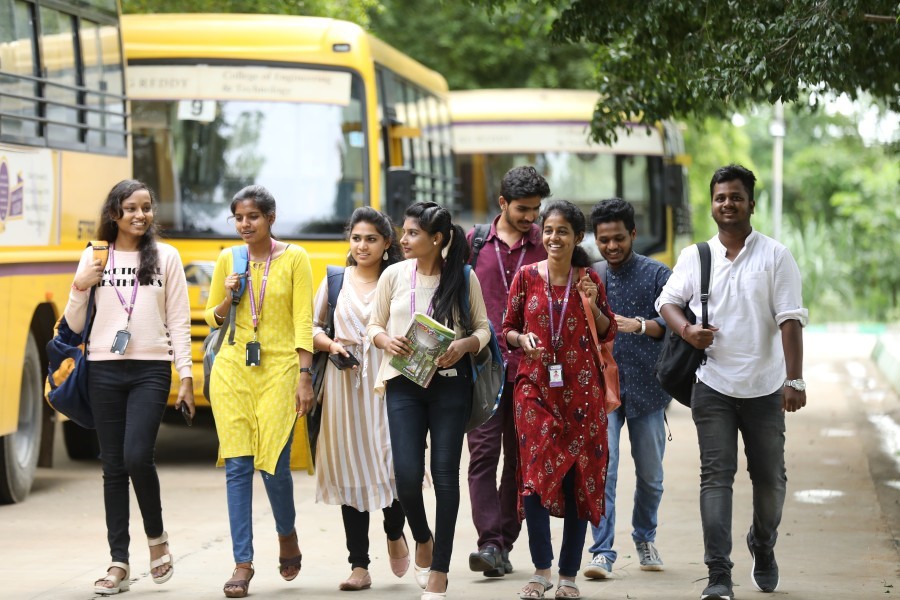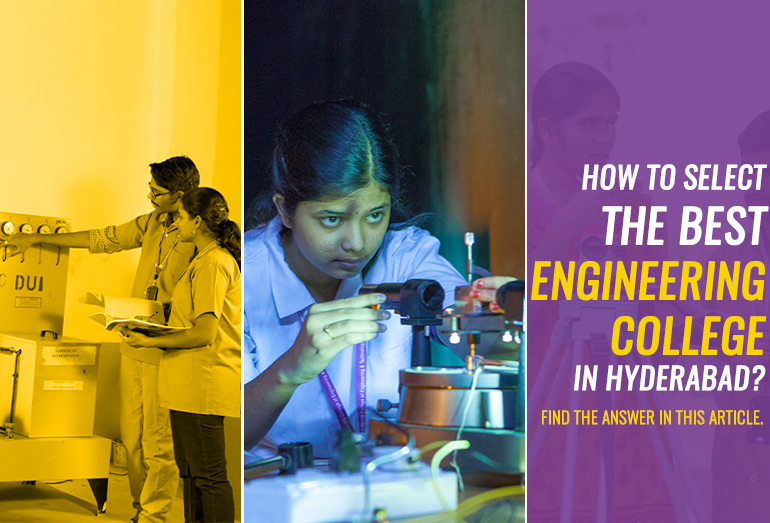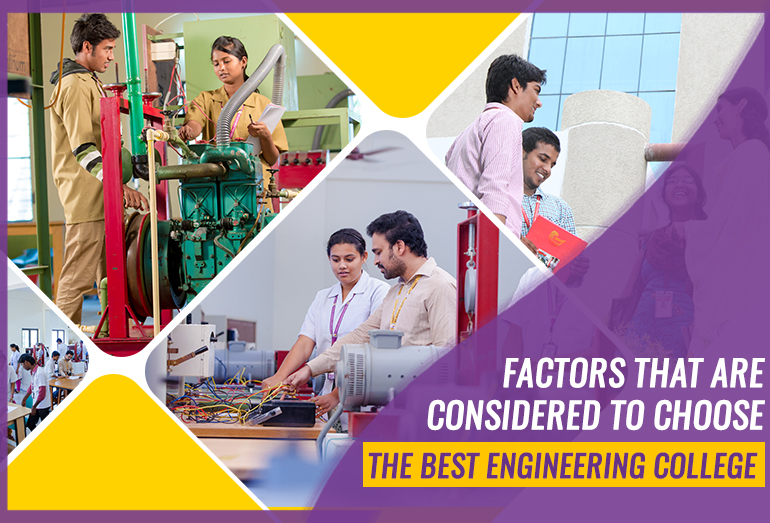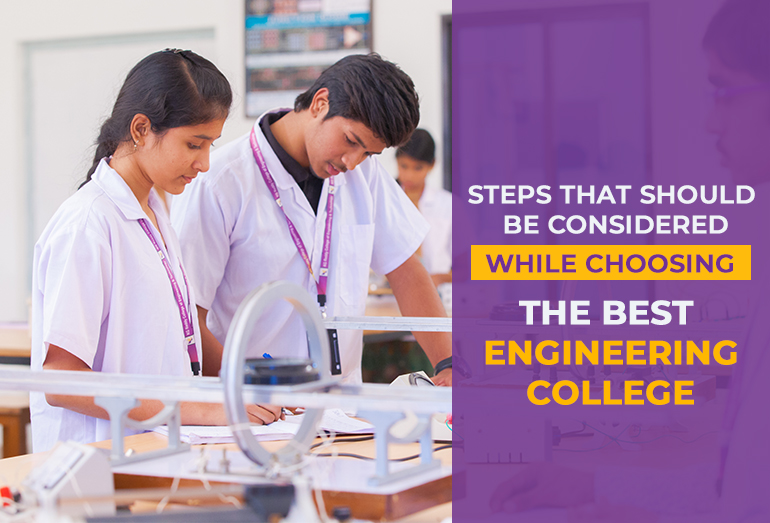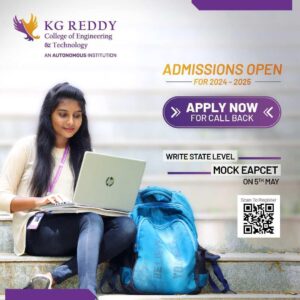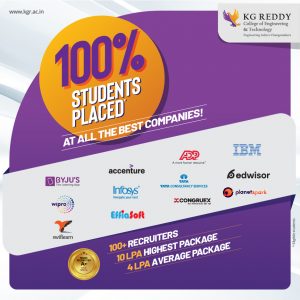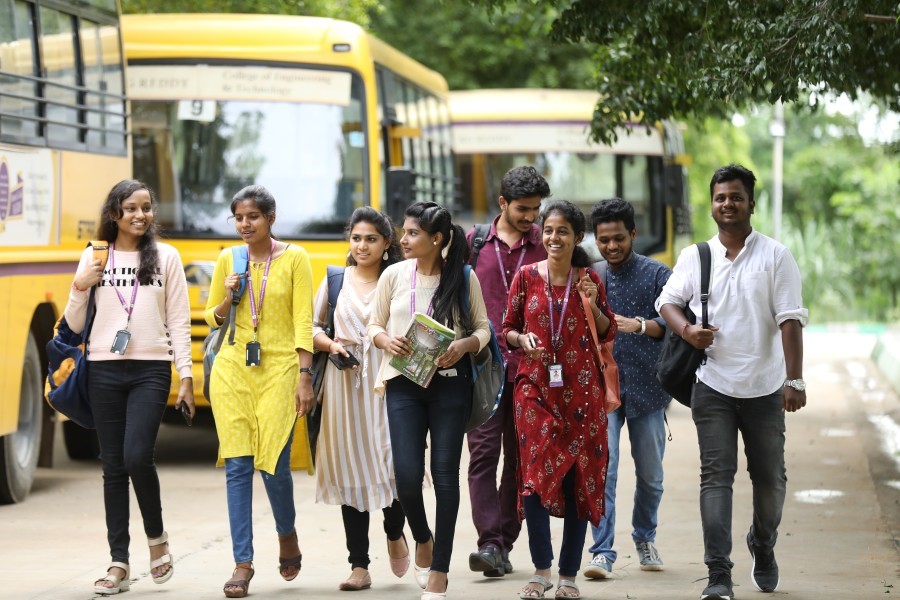
Albert Einstein once said, “Scientists investigate that which already is; engineers create that which has never been.” Engineers play a pivotal role in our society. It is they who create, design and develop the state-of-the-art, for our everyday. Bill Gates, in his book “How to Avoid a Climate Disaster” highlighted the various ways in which humans are polluting our planet earth by increasing carbon emissions in the atmosphere. He argues that the average temperature of the planet is gradually rising, and we could eventually enter a new ice age if we do not become carbon neutral in the next few decades. He asserts that the world is currently emitting 51 billion tons of greenhouse gases and we need to aim to get to Carbon Zero. He talks about the various breakthroughs we need to develop clean energy products that will have zero carbon footprint on the environment and how engineers will have the greatest role in achieving these targets.
It is therefore of utmost importance, to nurture our future engineers. Ones that aspire to rise beyond just engineering. Rise to become change-makers. With the vision, ideas, capabilities, and conviction to change the world
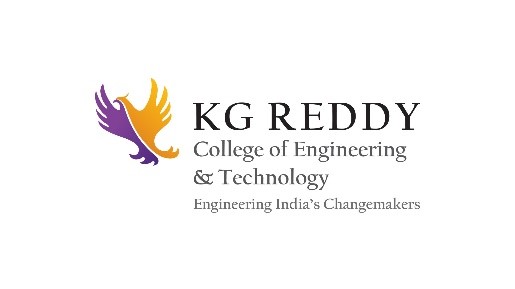
At KG Reddy College of Engineering and Technology, we believe in empowering our engineers to become leaders in their community, where they voice their opinions for change and lead efforts that are focussed on their socio-economic development in a sustainable approach. Our philosophy is driven by the need to develop holistic well-rounded engineers who possess four important qualities – Intelligence Quotient, Innovation Quotient, Social Quotient, and Emotional Quotient. These four elements are important measures of evaluating the holistic development of students that will prepare them for becoming the leaders of tomorrow
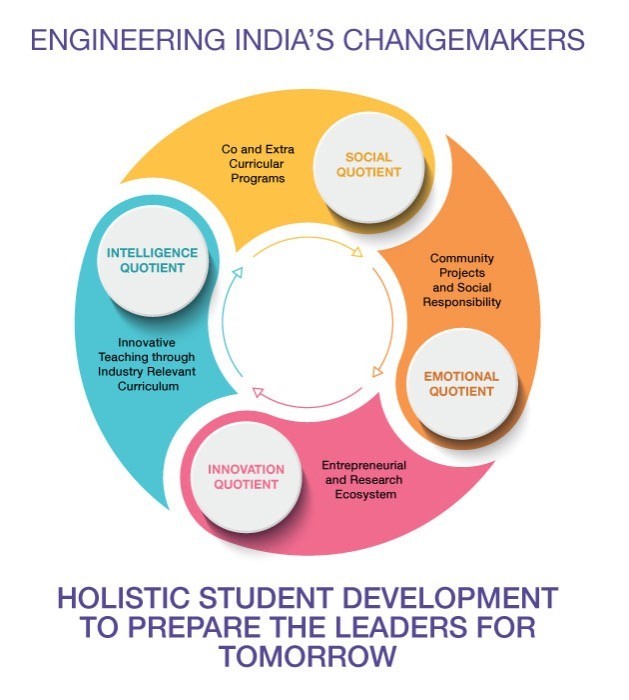
Students at KGRCET are provided with an ecosystem designed to nurture these four elements through a strategic approach. The curriculum is inclusive of industry-relevant courses that are aimed to build the industry-academia gap and prepare our students for employment in their interest domain upon graduation. Our innovative teaching and learning culture provides students with active and experiential learning opportunities that would enable them to innovate. Students are provided with hands-on learning opportunities as they are made to work on developing technological solutions to address the problems identified in our neighbouring communities. We believe such experiences will build a student’s emotional quotient and help empathise with problems in the society. Students are provided with a range of co-curricular and extracurricular activities that will help them build their social quotient. Both emotional and social quotients are considered to be crucial for the development of leadership qualities among individuals. We recommend students to be strategic and follow a 4-year plan for their undergraduate education that includes academics, co-curricular and extracurricular activities
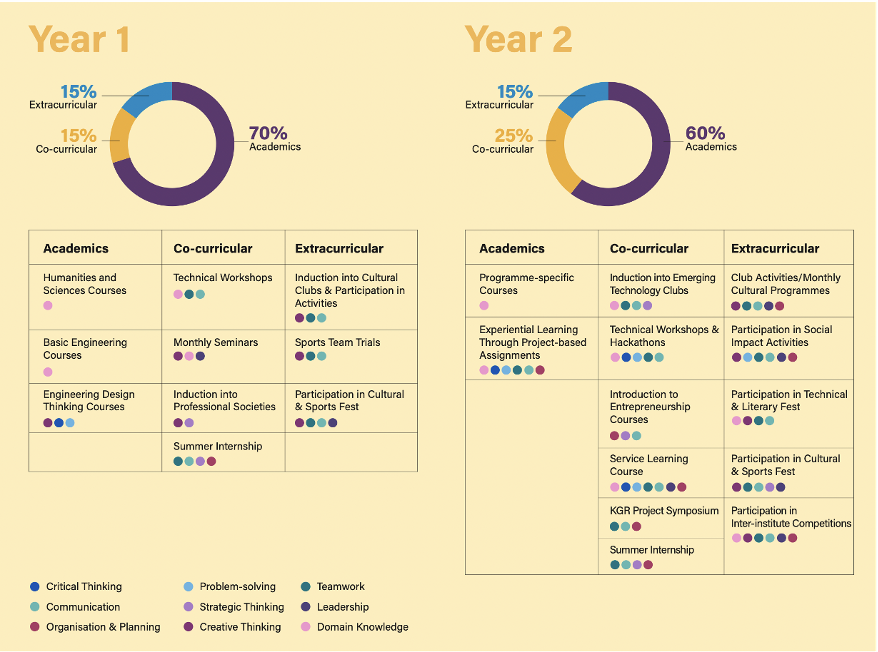
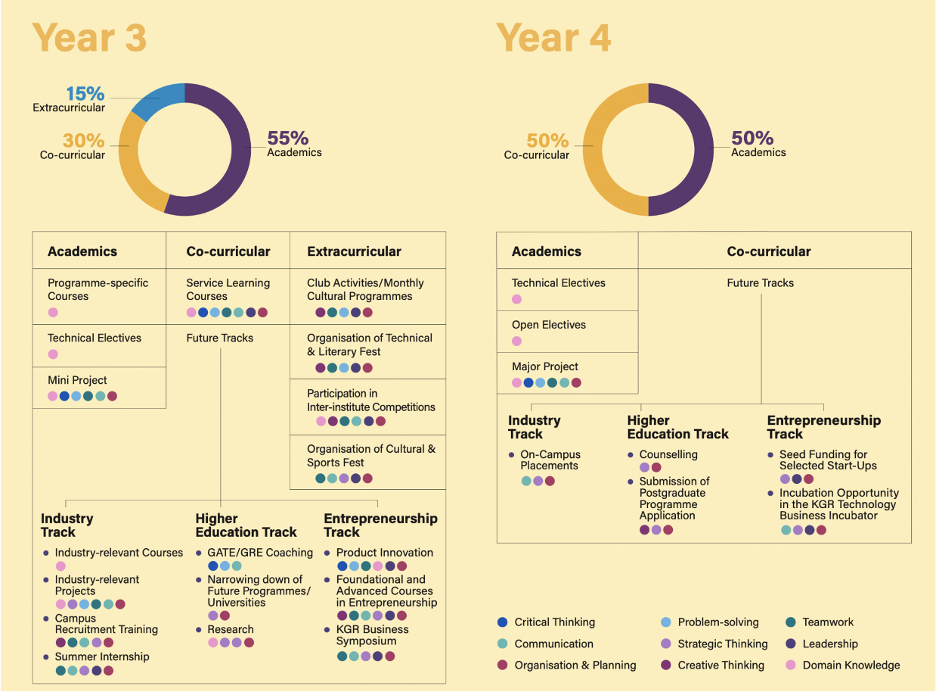
Within those four years at KGRCET, we work to transform our engineering students into change makers who eventually champion a sustainable approach to social and economic development. Including the fight against climate change.
Engineers must be critical yet creative; curious yet capable; as well as ready to handle the constantly changing world. The engineering portfolio knows no bounds, but these people are all working to the same common goal – building a sustainable world. Whatever you wish to contribute to society through your engineering dedication, nothing compares to impacting people’s lives, and the world for that matter, for the better.
About the Author
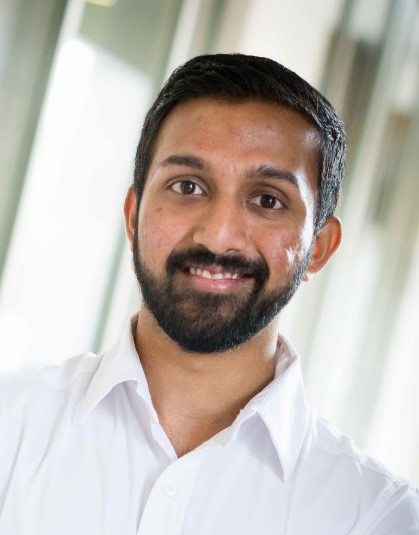
Dr. Rohit Kandakatla is the Director of KG Reddy College of Engineering and Technology and has completed his PhD in Engineering Education from Purdue University. His work involves building Engineering Education Ecosystems through Social Innovation, Research, Entrepreneurship, and Technology.
Research interests include education policy, community-based learning, understanding organisational development, and integration of technology and entrepreneurship in engineering education.

